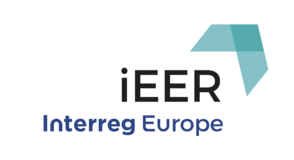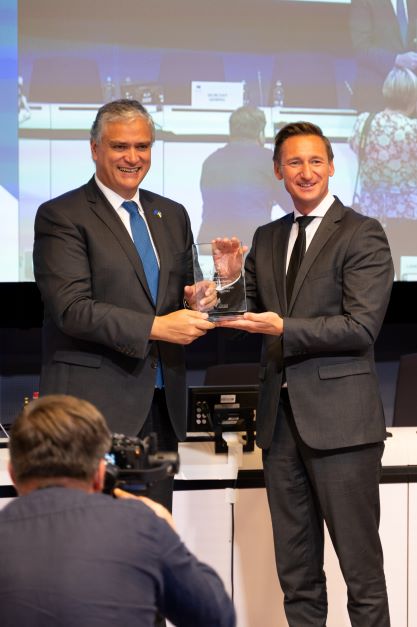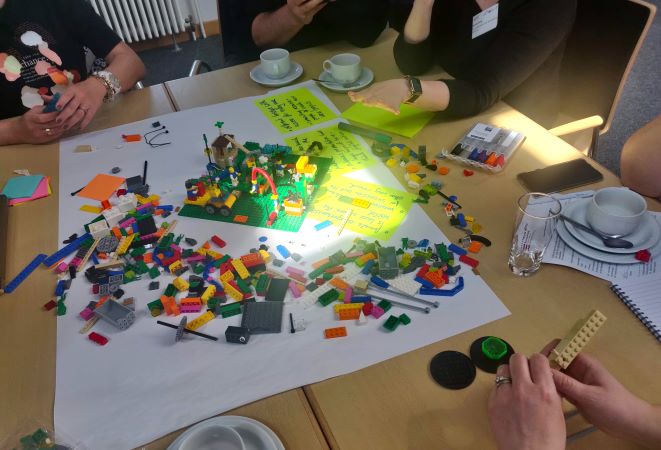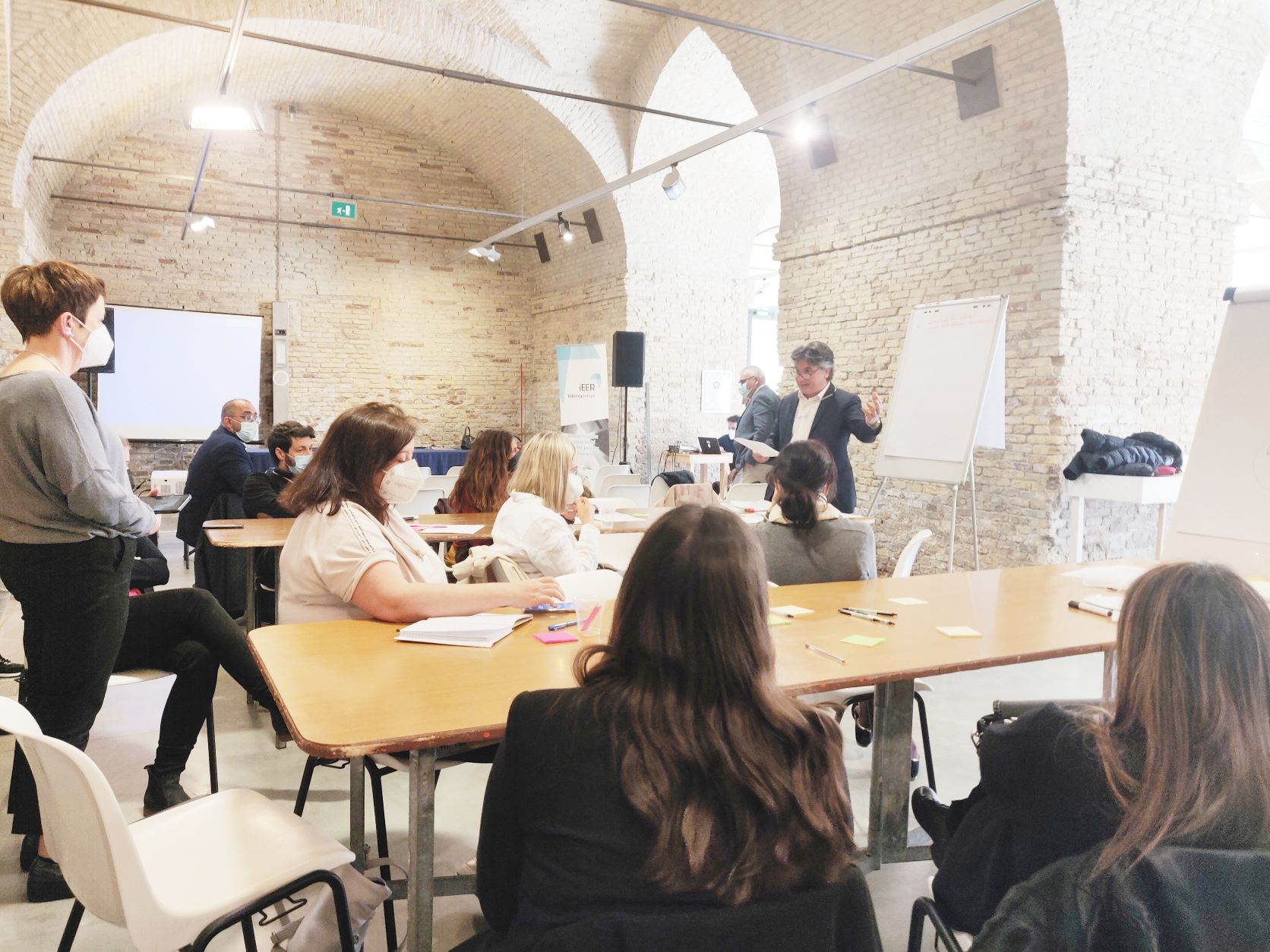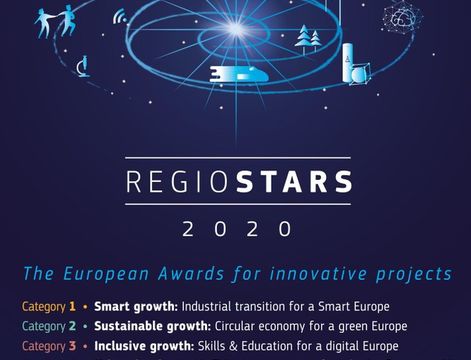The European Union needs to invest into policies and programmes that support the development and connectivity of entrepreneurial ecosystems in European regions and cities also in the next EU programming period 2021-27. Furthermore, entrepreneurial education should be embedded in both SME and education policies in Europe – these were the main messages of the final conference of the Interreg Europe-funded iEER project, organised in Brussels during the European Week of Regions and Cities.
The conference, organised as part of the European Week of Regions and Cities, gathered close to 100 local and regional experts, policy makers and political representatives.
Ten regions participating in the iEER project since 2016 shared tangible results and conclusions of their work, building on the implementation of their regional action plans and based on the knowledge generated during over 15 international workshops attended by nearly 1500 stakeholders over the last three years. The conference was kicked off by a positive announcement by the member of the ECON Commission of the Committee of the Regions Mr. Michael Murphy that European Entrepreneurial Region (EER) award had been extended for the next five years to reward EU regions with outstanding entrepreneurial strategies.
The workshop was divided into two parts. In the first part, Head of Project Ms. Christine Chang from the Helsinki-Uusimaa Region, Finland, explained the audience how a start-up framework is expanded into an entrepreneurial ecosystem. As a tangible impact of the project, Chang announced that the return of investment resulting from the project has been impressive 1049%, which caused admiration and approval among the participants. The session was then followed by the iEER regions’ presentations on their respective entrepreneurial ecosystems and elaboration on the main lessons learned and added value from the project.
The second part of the workshop focused more on policy making. Presenting the opinion of the European Committee of the Regions on the Contribution of regions and cities to the new EU policy framework on SMEs, the rapporteur - Mr. Tadeusz Truskolaski, Mayor of Bialystok, said that policy-makers should focus on cutting administrative burden, support of single European market, and strengthen employee mobility. Moreover, Mr Truskolaski emphasized that access to research and promoting start-ups to become scale-ups is increasingly important.
Mr Ossi Savolainen, Regional Mayor of Helsinki-Uusimaa presented the political conclusions of the iEER project. Among them, Mr Savolainen stressed that Europe needs a mind-set shift in order to become entrepreneurial. The iEER project provides tools for this though iEER Growth Grid which can be applied in formulation of SME policies and smart specialisation strategies.
The speakers from the European Commission's DG REGIO and GROW underlined that the EU SME related policies in the next years will have to address the enterprise transformation and that there will be a significant role for European investment and structural funds to trigger and support these processes in SMEs. European policies should look at different ways of supporting SMEs and enterprise innovation, moving from supporting the scaling up of individual companies to scaling up of entire ecosystems.
Mr. Markku Markkula, the First Vice President of the European Committee of the Regions, closed the conference by saying that support for scaling up as well as helping SMEs to follow a sustainable development path should be the focus of the future SME Strategy for Europe. Mr Markkula assured that iEER recommendations certainly need an adequate follow-up and further invitedthe participants of the conference to continue the discussions on EU policies on SMEs and entrepreneurship at the upcoming SME Assembly in Helsinki on 25-27 November.
